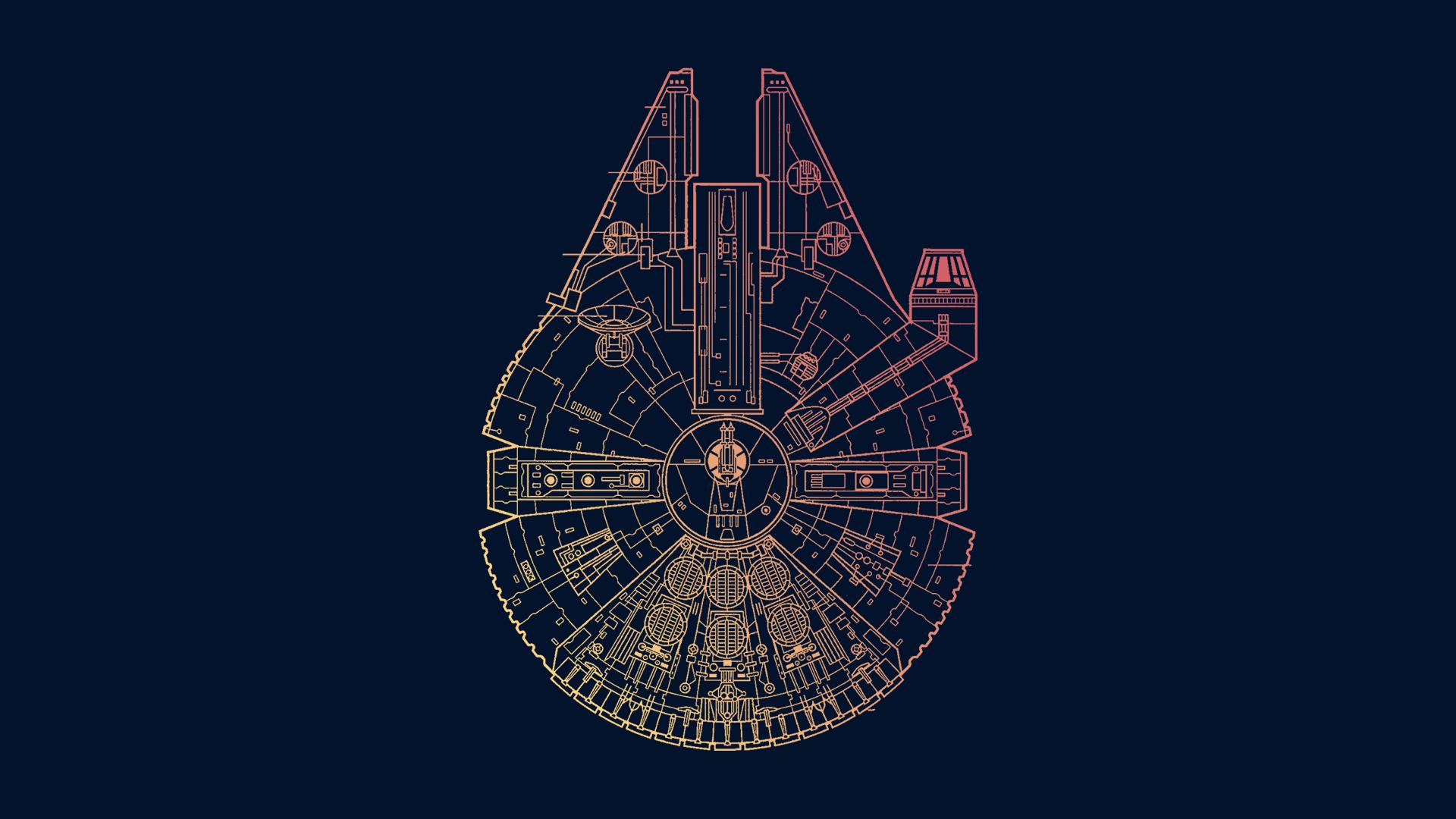mirror of
https://github.com/LCTT/TranslateProject.git
synced 2024-12-26 21:30:55 +08:00
163 lines
6.7 KiB
Markdown
163 lines
6.7 KiB
Markdown
[#]: collector: (lujun9972)
|
||
[#]: translator: (robsean)
|
||
[#]: reviewer: (wxy)
|
||
[#]: publisher: (wxy)
|
||
[#]: url: (https://linux.cn/article-11051-1.html)
|
||
[#]: subject: (5 Easy Ways To Free Up Space (Remove Unwanted or Junk Files) on Ubuntu)
|
||
[#]: via: (https://www.2daygeek.com/linux-remove-delete-unwanted-junk-files-free-up-space-ubuntu-mint-debian/)
|
||
[#]: author: (Magesh Maruthamuthu https://www.2daygeek.com/author/magesh/)
|
||
|
||
5 种在 Ubuntu 上释放空间的简单方法
|
||
======
|
||
|
||

|
||
|
||
大多数人可能在系统磁盘存储不足的情况下执行释放空间这个操作,也可能在 Linux 系统磁盘存储满了的情况下执行这个操作。
|
||
|
||
它应该被经常执行,来为安装一个新的应用程序和处理其它文件弥补磁盘存储空间。保持可用空间是 Linux 管理员的一个日常任务,以允许磁盘利用率维持在阈值之下。
|
||
|
||
这里有一些我们可以清理我们系统空间的方法。
|
||
|
||
当你有 TB 级存储容量时,可能不需要清理你的系统。但是,如果你空间有限,那么释放磁盘空间就变的不可避免。
|
||
|
||
在这篇文章中,我将向你展示一些最容易的或简单的方法来清理你的 Ubuntu 系统,获得更多空间。
|
||
|
||
### 在 Ubuntu 系统上如何检查可用的空间?
|
||
|
||
在你的系统上使用 [df 命令][1] 来检查当前磁盘利用率。
|
||
|
||
```
|
||
$ df -h
|
||
Filesystem Size Used Avail Use% Mounted on
|
||
udev 975M 0 975M 0% /dev
|
||
tmpfs 200M 1.7M 198M 1% /run
|
||
/dev/sda1 30G 16G 13G 55% /
|
||
tmpfs 997M 0 997M 0% /dev/shm
|
||
tmpfs 5.0M 4.0K 5.0M 1% /run/lock
|
||
tmpfs 997M 0 997M 0% /sys/fs/cgroup
|
||
```
|
||
|
||
图形界面用户可以使用“磁盘利用率分析器工具”来查看当前利用率。
|
||
|
||
![][3]
|
||
|
||
#### 1) 移除不再需要的软件包
|
||
|
||
下面的命令移除系统不再需要的依赖库和软件包。这些软件包是自动安装的,以使一个安装的软件包满足依赖关系。同样,它也会移除安装在系统中的 Linux 旧内核。它会移除不再被系统需要的孤儿软件包,但是不会清除它们。
|
||
|
||
```
|
||
$ sudo apt-get autoremove
|
||
[sudo] password for daygeek:
|
||
Reading package lists... Done
|
||
Building dependency tree
|
||
Reading state information... Done
|
||
The following packages will be REMOVED:
|
||
apache2-bin apache2-data apache2-utils galera-3 libaio1 libapr1 libaprutil1
|
||
libaprutil1-dbd-sqlite3 libaprutil1-ldap libconfig-inifiles-perl libdbd-mysql-perl
|
||
libdbi-perl libjemalloc1 liblua5.2-0 libmysqlclient20 libopts25
|
||
libterm-readkey-perl mariadb-client-10.1 mariadb-client-core-10.1 mariadb-common
|
||
mariadb-server-10.1 mariadb-server-core-10.1 mysql-common sntp socat
|
||
0 upgraded, 0 newly installed, 25 to remove and 23 not upgraded.
|
||
After this operation, 189 MB disk space will be freed.
|
||
Do you want to continue? [Y/n]
|
||
```
|
||
|
||
为清除它们,可以与命令一起使用 `--purge` 选项。
|
||
|
||
```
|
||
$ sudo apt-get autoremove --purge
|
||
Reading package lists... Done
|
||
Building dependency tree
|
||
Reading state information... Done
|
||
The following packages will be REMOVED:
|
||
apache2-bin* apache2-data* apache2-utils* galera-3* libaio1* libapr1* libaprutil1*
|
||
libaprutil1-dbd-sqlite3* libaprutil1-ldap* libconfig-inifiles-perl*
|
||
libdbd-mysql-perl* libdbi-perl* libjemalloc1* liblua5.2-0* libmysqlclient20*
|
||
libopts25* libterm-readkey-perl* mariadb-client-10.1* mariadb-client-core-10.1*
|
||
mariadb-common* mariadb-server-10.1* mariadb-server-core-10.1* mysql-common* sntp*
|
||
socat*
|
||
0 upgraded, 0 newly installed, 25 to remove and 23 not upgraded.
|
||
After this operation, 189 MB disk space will be freed.
|
||
Do you want to continue? [Y/n]
|
||
```
|
||
|
||
#### 2) 清空回收站
|
||
|
||
有可能你的回收站里面有大量的无用数据。它会占用你的系统空间。最好解决方法之一是在你的系统上清理这些无用的数据,以获取一些可用的空间。
|
||
|
||
为清理这些,简单地使用文件管理器来清空你的回收站。
|
||
|
||
![][4]
|
||
|
||
#### 3) 清理 APT 缓存文件
|
||
|
||
Ubuntu 使用 [APT 命令][5](高级软件包工具)用于软件包管理,如:安装、移除、搜索等等。
|
||
|
||
一般 Linux 操作系统会在各自的目录下保留下载和安装的软件包的缓冲文件。
|
||
|
||
Ubuntu 也一样,它在你的磁盘上以缓冲的形式保留它下载和安装的每次更新。Ubuntu 在 `/var/cache/apt/archives` 目录中保留 DEB 软件包的缓冲文件。随着时间推移,这些缓存可能快速增长,并在你的系统上占有很多空间。
|
||
|
||
运行下面的命令来检查当前 APT 缓存文件的使用率。
|
||
|
||
```
|
||
$ sudo du -sh /var/cache/apt
|
||
147M /var/cache/apt
|
||
```
|
||
|
||
下面的命令会清理过时的 deb 软件包。我想说,一点都清理不干净。
|
||
|
||
```
|
||
$ sudo apt-get autoclean
|
||
```
|
||
|
||
下面的命令会移除所有在 apt 缓存中的软件包。
|
||
|
||
```
|
||
$ sudo apt-get clean
|
||
```
|
||
|
||
#### 4) 卸载不使用的应用程序
|
||
|
||
这需要你来检查在你的系统上安装的软件包和游戏,删除它们,如果你很少使用的话。
|
||
|
||
这可以通过 “Ubuntu 软件中心” 简单地做到。
|
||
|
||
![][6]
|
||
|
||
#### 5) 清理缩略图缓存
|
||
|
||
缓存文件夹是程序存储它们可能再次需要的数据的地方,它是为速度保留的,而不是必需保留的。它可以被再次生成或再次下载。假如它真的填满了你的硬盘,那么你可以删除一些东西而不用担心。
|
||
|
||
运行下面的命令来检查当前 APT 缓存的利用率。
|
||
|
||
```
|
||
$ du -sh ~/.cache/thumbnails/
|
||
412K /home/daygeek/.cache/thumbnails/
|
||
```
|
||
|
||
运行下面的命令来从你的系统中永久地删除它们。
|
||
|
||
```
|
||
$ rm -rf ~/.cache/thumbnails/*
|
||
```
|
||
|
||
--------------------------------------------------------------------------------
|
||
|
||
via: https://www.2daygeek.com/linux-remove-delete-unwanted-junk-files-free-up-space-ubuntu-mint-debian/
|
||
|
||
作者:[Magesh Maruthamuthu][a]
|
||
选题:[lujun9972][b]
|
||
译者:[robsean](https://github.com/robsean)
|
||
校对:[wxy](https://github.com/wxy)
|
||
|
||
本文由 [LCTT](https://github.com/LCTT/TranslateProject) 原创编译,[Linux中国](https://linux.cn/) 荣誉推出
|
||
|
||
[a]: https://www.2daygeek.com/author/magesh/
|
||
[b]: https://github.com/lujun9972
|
||
[1]: https://www.2daygeek.com/how-to-check-disk-space-usage-using-df-command/
|
||
[2]: data:image/gif;base64,R0lGODlhAQABAIAAAAAAAP///yH5BAEAAAAALAAAAAABAAEAAAIBRAA7
|
||
[3]: https://www.2daygeek.com/wp-content/uploads/2019/06/remove-delete-Unwanted-Junk-Files-free-up-space-ubuntu-mint-debian-1.jpg
|
||
[4]: https://www.2daygeek.com/wp-content/uploads/2019/06/remove-delete-Unwanted-Junk-Files-free-up-space-ubuntu-mint-debian-2.jpg
|
||
[5]: https://www.2daygeek.com/apt-command-examples-manage-packages-debian-ubuntu-systems/
|
||
[6]: https://www.2daygeek.com/wp-content/uploads/2019/06/remove-delete-Unwanted-Junk-Files-free-up-space-ubuntu-mint-debian-3.jpg
|